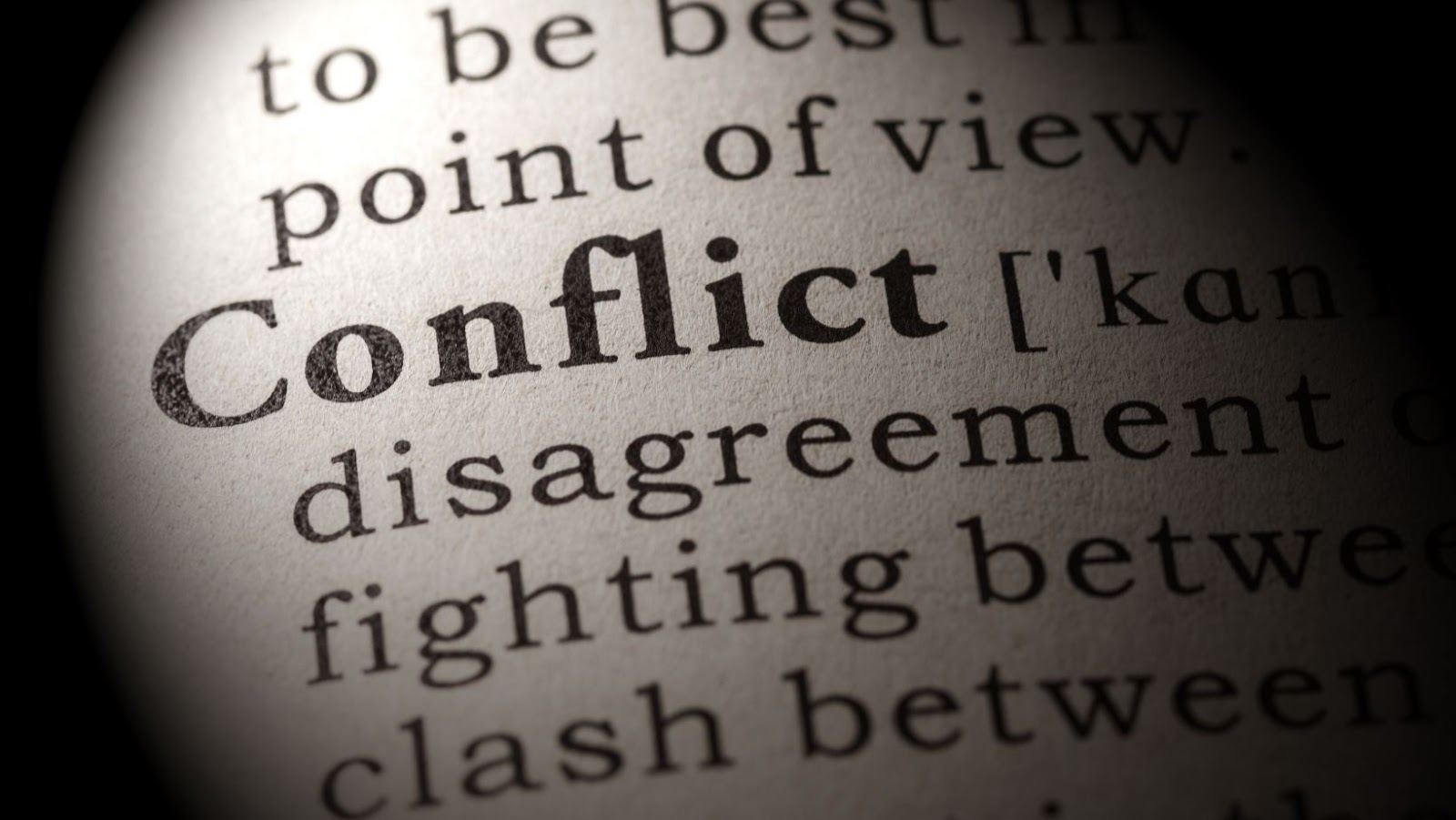Gendered Realities Of Life In Post Conflict Kosovo
Life in post-conflict Kosovo presents a complex landscape shaped by gendered realities. The aftermath of conflict often brings about unique challenges and opportunities for different genders, highlighting the need for a comprehensive understanding of the experiences of women, men, and other marginalised groups. In this article, I’ll delve into the gendered dynamics that exist within the context of post-conflict Kosovo, shedding light on how these realities shape various aspects of daily life.
One cannot ignore the lasting impact that conflict has on gender roles and expectations. In post-conflict societies like Kosovo, traditional norms often become entrenched as communities strive to rebuild and recover. These norms can perpetuate inequalities and restrict access to resources, opportunities, and decision-making processes based on one’s gender. Understanding these dynamics is crucial to fostering inclusive development strategies that empower all individuals.
Moreover, exploring the gendered realities in post-conflict Kosovo provides insights into the unique experiences and challenges faced by women. Women are often disproportionately affected by conflict-induced displacement, loss of loved ones, economic instability, and increased vulnerability to violence. By examining these issues through a gender lens, we can identify areas where targeted interventions are needed to promote women’s empowerment and ensure their full participation in society.
In this article about the gendered realities of life in post-conflict Kosovo, I aim to shed light on these critical issues while also offering potential pathways towards greater inclusion and equality for all genders. By acknowledging and addressing these complexities head-on, we can work towards building a more just society where everyone’s rights are respected and valued.
Gendered Experiences in Post-Conflict Kosovo
In post-conflict Kosovo, the gendered realities of life paint a complex picture of the challenges and opportunities faced by women and men. This section aims to shed light on some key aspects of gendered experiences in post-conflict Kosovo.
- Gender-based violence: Unfortunately, one of the persisting issues in post-conflict societies is gender-based violence. In Kosovo, women continue to face various forms of violence, including domestic abuse, sexual assault, and human trafficking. Efforts have been made to address this issue through legislation and support services, but more needs to be done to ensure safety for all.
- Socioeconomic disparities: Women in post-conflict Kosovo often encounter significant socioeconomic disparities compared to their male counterparts. Limited access to education, employment opportunities, and decision-making positions hinders their ability to fully participate in society and achieve economic independence.
- Political representation: Despite progress made towards promoting gender equality in political spheres, women remain underrepresented in decision-making roles within government institutions at both local and national levels. Increasing female participation is crucial for inclusive governance that reflects diverse perspectives.
- Trauma and mental health: The aftermath of conflict can have profound psychological effects on individuals. Women are particularly vulnerable due to their exposure to sexual violence during conflicts. Adequate support systems must be established to address trauma-related mental health issues and provide necessary counselling services.
- Reconciliation efforts: Gender plays a crucial role in reconciliation processes after conflict ends. Recognizing the unique experiences of women during times of war is essential for achieving sustainable peace and justice. Engaging women as active participants in transitional justice initiatives helps ensure their voices are heard and their rights protected.
- Empowerment through education: Education serves as a powerful tool for empowering individuals regardless of gender identity or background. Investing in quality education programs that promote equal access for girls and boys is vital for building a more inclusive and equitable society in post-conflict Kosovo.
- Engaging men in gender equality: Achieving gender equality requires the active involvement of men as allies and advocates. Challenging harmful stereotypes, promoting positive masculinity, and fostering respectful relationships are essential steps towards creating a more balanced society.
Understanding the gendered realities of life in post-conflict Kosovo is crucial for addressing the challenges faced by women and men alike. By acknowledging these experiences, we can work towards creating a more inclusive and equal society that promotes sustainable peace and development.


